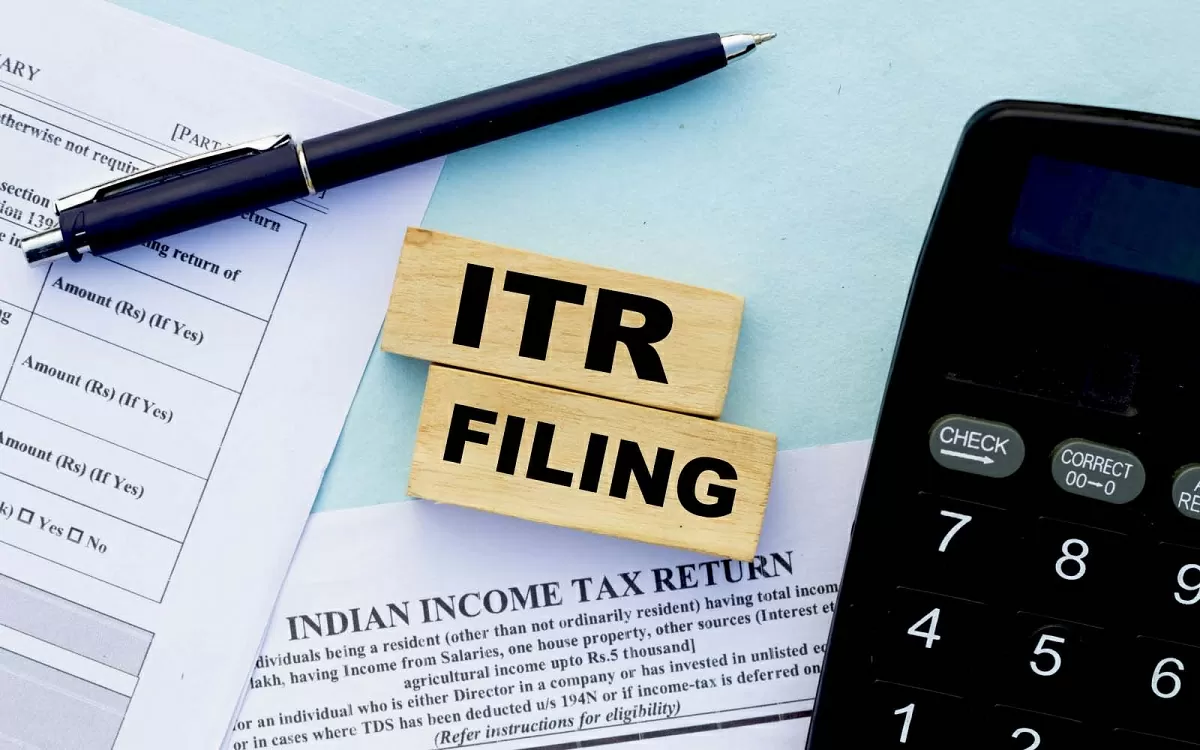ITR NEWS: You can file your ITR through your CA, lawyer or yourself. If you want to file your ITR online through the Income Tax website, then this news is telling you the method.
Income Tax Returns: As the financial year 2024-25 concludes, numerous taxpayers may be considering whether they can file their Income Tax Returns (ITR) independently, without seeking the help of Chartered Accountants (CAs).
The ITR is a declaration of one’s income to be used for showing the taxes tat have to be paid during a financial year. It is also used to claim tax refunds as well as for loan processing, visa applications, and so on.
Keep these documents ready before filing ITR
- Form 16
- Form 16A
- Form 26AS
- Capital gain statements
- Proof of tax saving investments
Now follow these steps
STEP 1: Login to the Income Tax Department portal to file income tax return online.
STEP 2: Go to the e-File menu and select Income Tax Return.
STEP 3: Select the ITR form based on your income (ITR-1 or ITR-2 if you have Form 16). Select Assessment Year (AY) 2023-24.
STEP 4: Verify all the data entered in the form and submit.
STEP 5: After submitting, e-verify your return using Aadhaar OTP or other available options.
STEP 6: Upload and verify your return.
Who should file ITR?
If the total income before deduction under sections like 80C, 80CCC, 80CCD, 80D, 80E, 80G, 80GGA, 80TTA/80TTB exceeds the basic exemption limit, then you have to file your Income Tax Return (ITR). Apart from this, as a resident of India, if you own any property outside India as a beneficiary, then you have to file ITR.
Also, if you have deposited more than a certain limit in your bank accounts, then filing ITR is mandatory. For current accounts, this limit is Rs one crore in aggregate, while for savings bank accounts it is Rs fifty lakh in one or more accounts.

